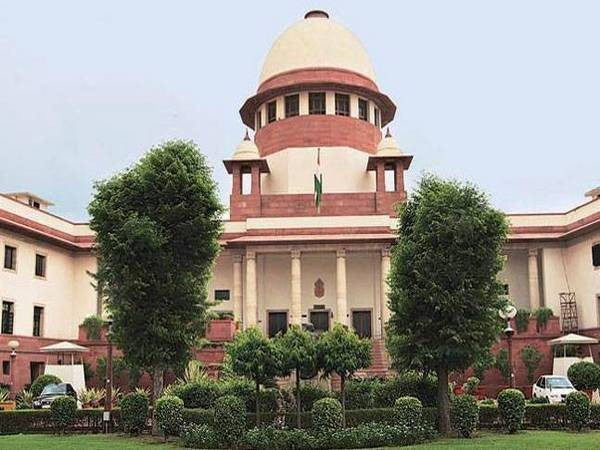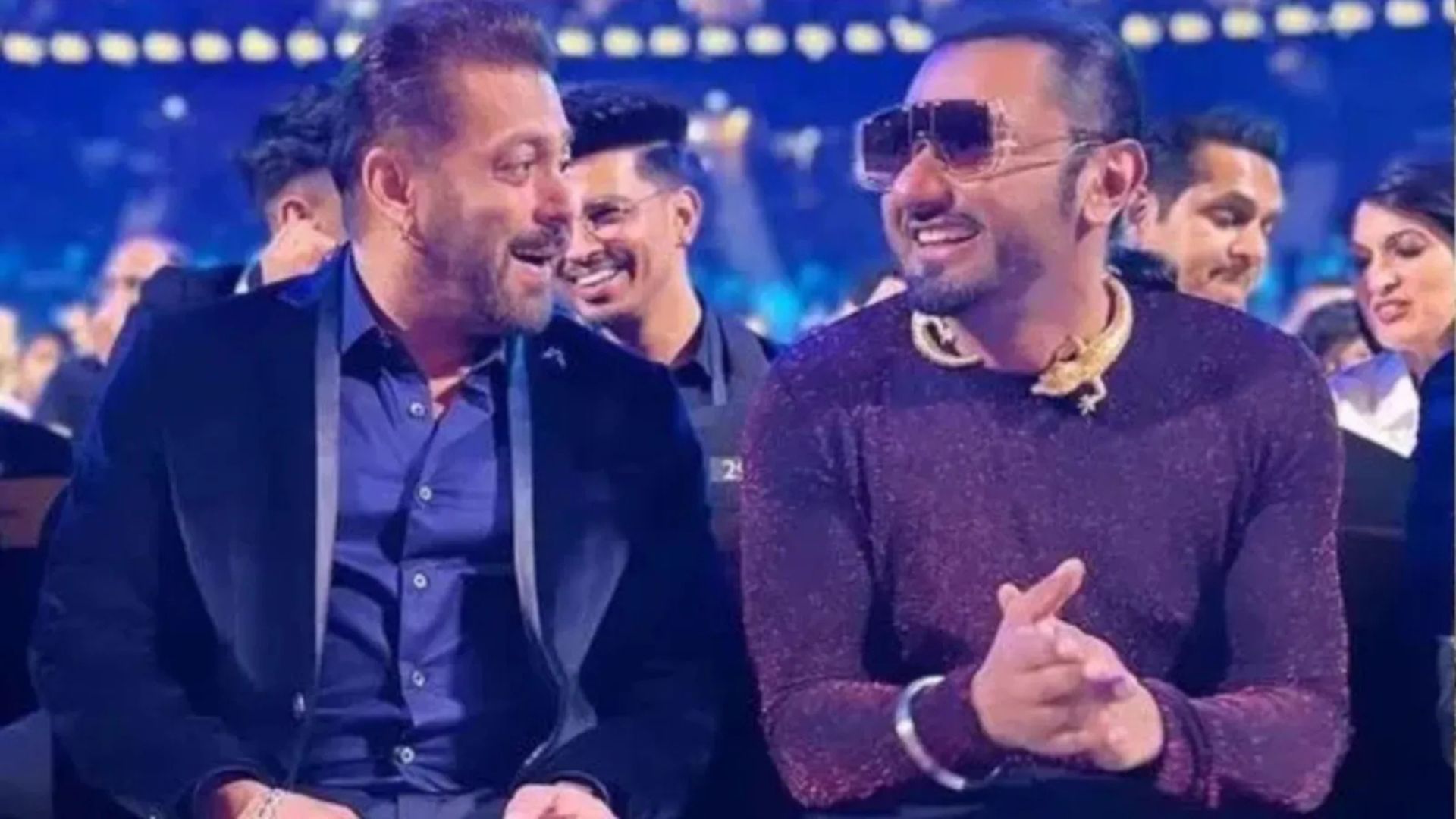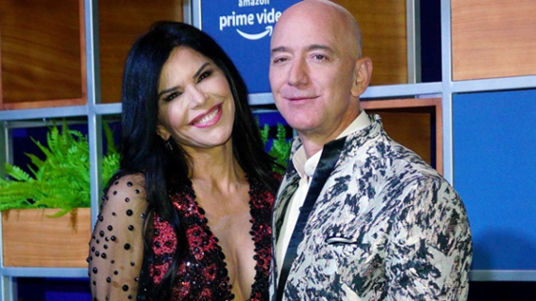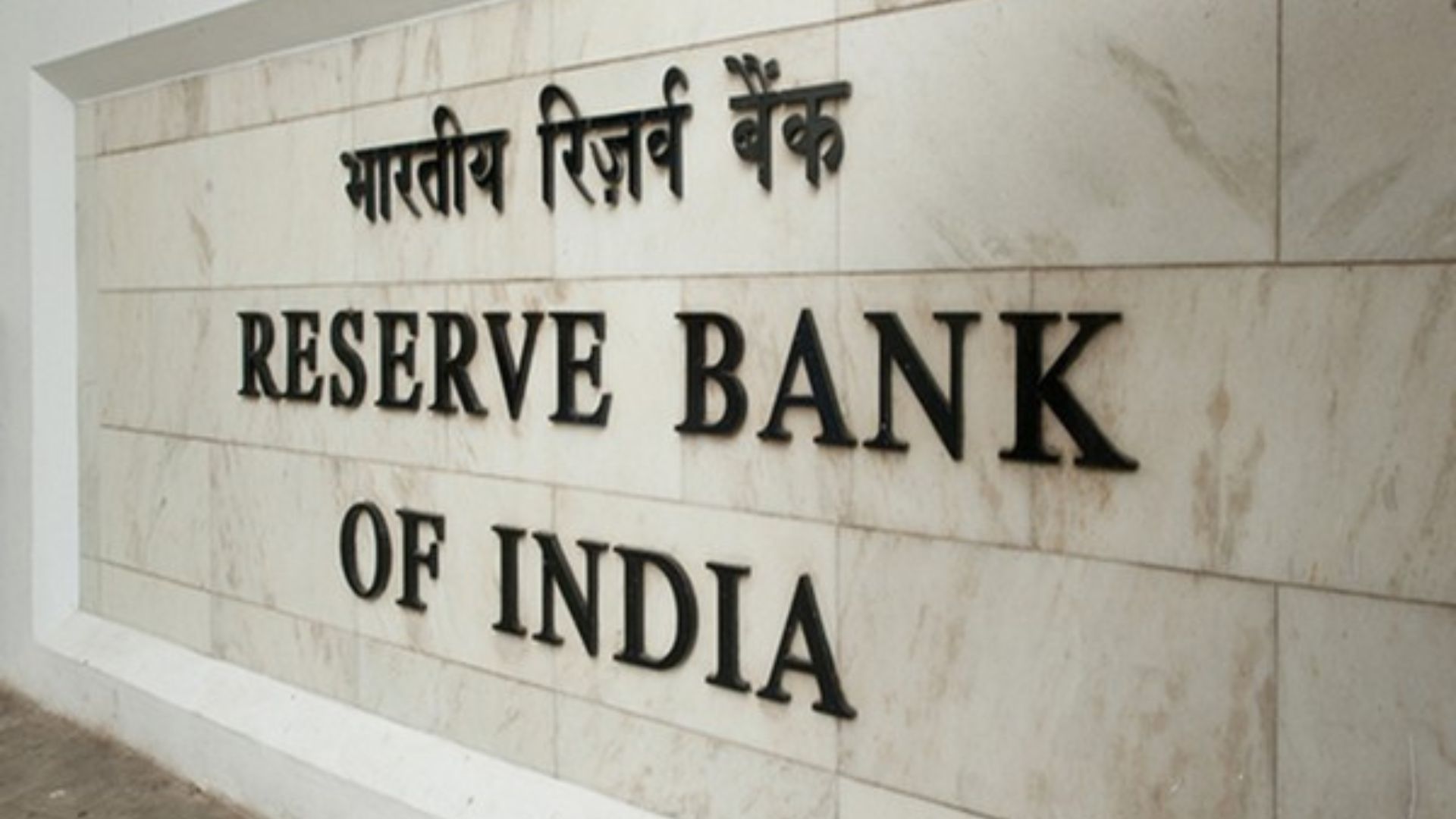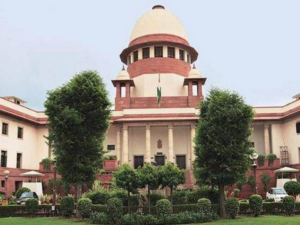The Supreme Court has convened a five-judge Constitutional Court bench to hear a slew of petitions seeking legal recognition of same-sex marriage beginning 18 April. The petitions will be heard by Chief Justice of India DY Chandrachud, Justices Sanjay Kishan Kaul, Ravindra Bhat, Hima Kohli, and PS Narasimha beginning 18 April.
Several petitioners have asked for recognition of the right of couples of the same gender to marry in this batch of petitions. One of the issues before the court is the right of transgender couples to marry as a natural consequence of their constitutional rights.
Earlier, Jamiat Ulama-I-Hind, an Islamic religious body, moved an intervening application in the Supreme Court in the matter pertaining to the legal recognition of same-sex marriage, saying that as per the legal regime in the country, marriage is only between a biological man and a biological woman. Jamiat Ulama-i-Hind has supported the submission of the Centre on this issue.
The Centre had previously filed an affidavit opposing the plea for legal recognition of same-sex marriage, claiming that living together as partners by same-sex individuals, which is now decriminalised, is not comparable with the Indian family unit, and they are clearly distinct classes that cannot be treated identically.
According to the centre’s affidavit, it is for the legislature to judge and enforce such societal morality and public acceptance based on Indian ethos, and Western decisions without any basis in Indian constitutional law jurisprudence cannot be imported in this context.
In the affidavit, the Centre apprised the apex court that living together as partners by same-sex individuals, now decriminalised, is not comparable with the Indian family unit concept of a husband, a wife, and children. Various petitions seeking legal recognition of same-sex marriage under the Foreign Marriage Act, the Special Marriage Act, and other laws are currently before the Supreme Court.

